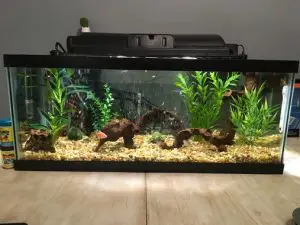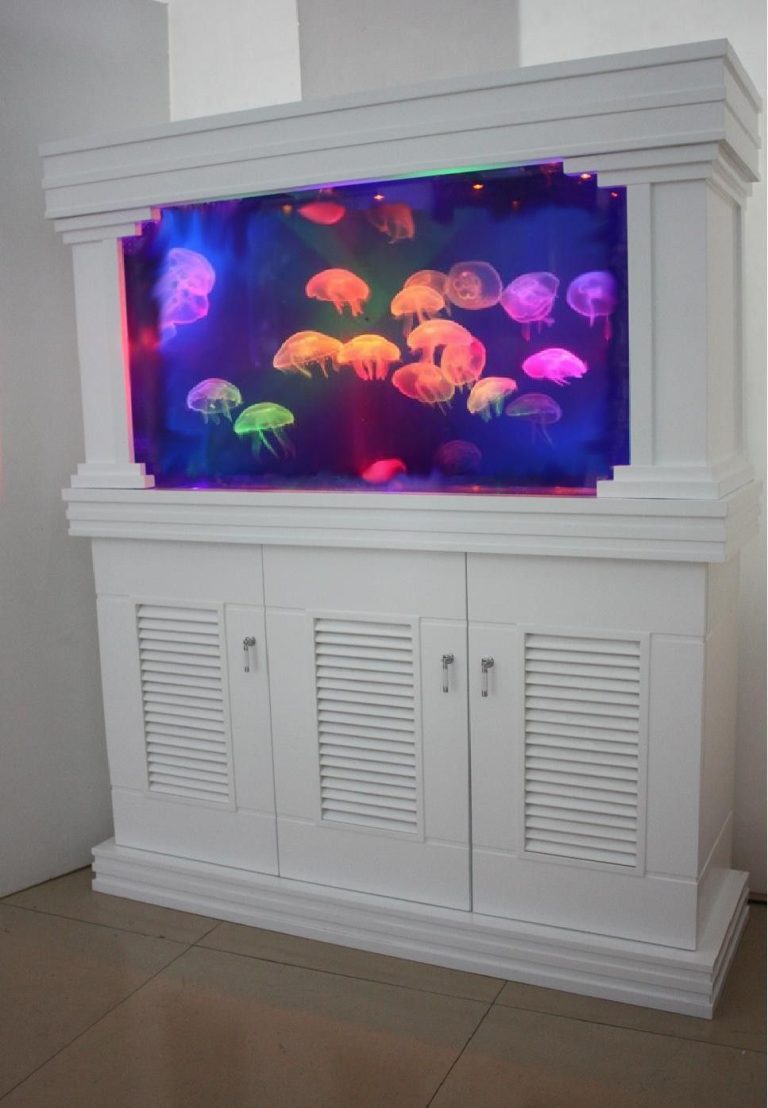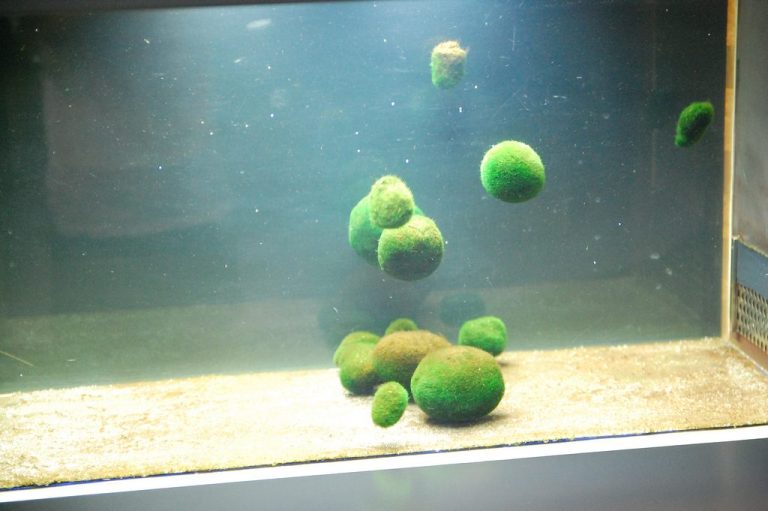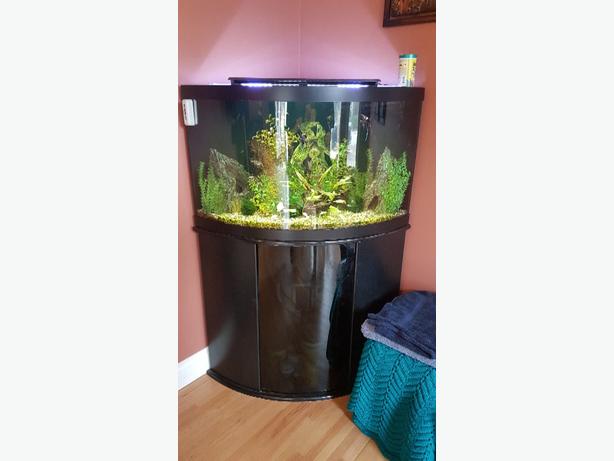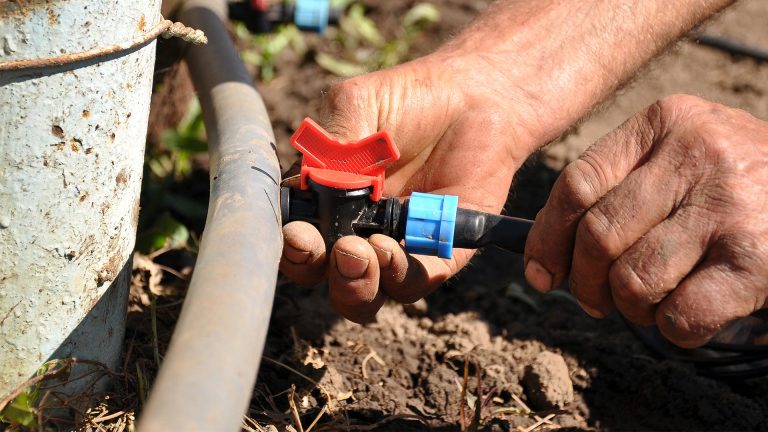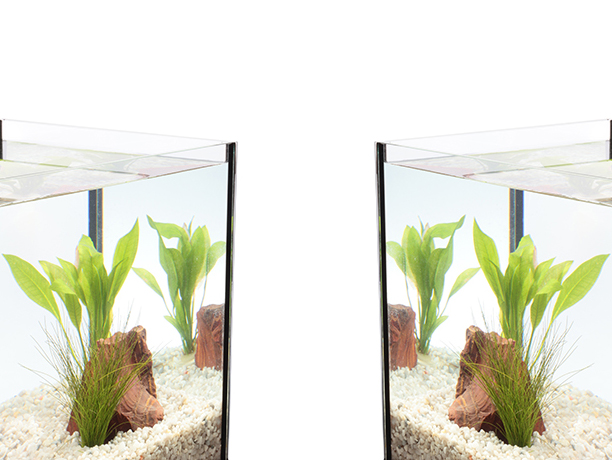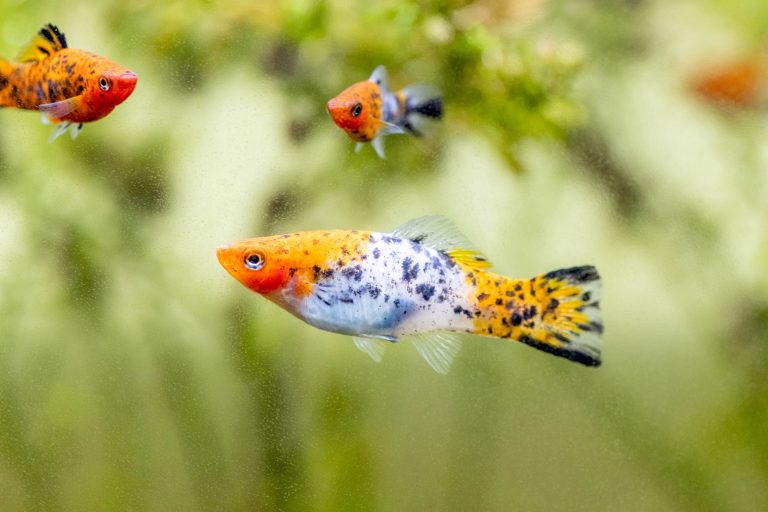How Long Can You Leave A Fish Tank Filter Off
How long can you leave a fish tank filter off?
A fish tank filter is an essential component of maintaining a clean and healthy aquarium. It helps to remove waste, debris, and harmful toxins from the water, ensuring a safe environment for your fish. But what happens if you accidentally turn off or disconnect your fish tank filter? How long can you leave it off before it becomes a problem? Let’s explore this question in more detail.
When it comes to how long you can leave a fish tank filter off, there isn’t a straightforward answer. The duration depends on several factors, including the size of your tank, the number and type of fish you have, and the current state of your aquarium. However, it’s generally recommended to keep your fish tank filter running continuously to maintain optimal water conditions.
Why is it important to keep the filter running?
The filter plays a vital role in maintaining water quality by removing waste, excess food, and other pollutants. Without a functioning filter, these substances can accumulate and lead to poor water conditions, which can be harmful or even fatal to your fish. Here are a few reasons why it’s important to keep the filter running:
1. Mechanical filtration: The filter removes physical debris such as uneaten food, fish waste, and plant matter from the water. This prevents the accumulation of organic matter that can decompose and release harmful substances.
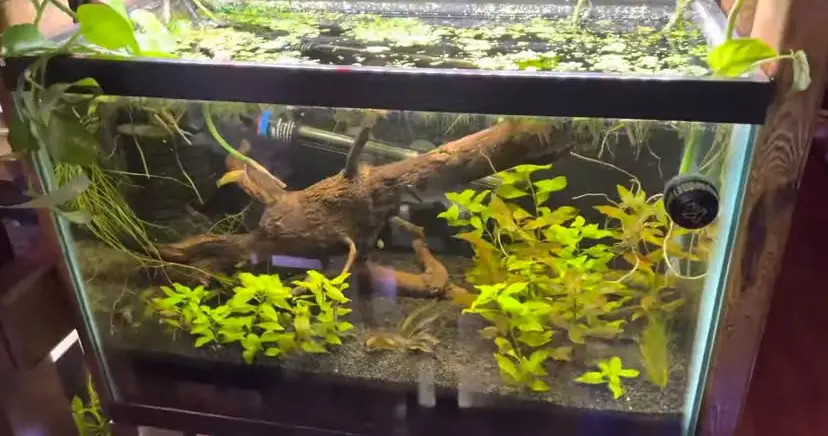
2. Chemical filtration: Some fish tank filters use activated carbon or other chemical media to adsorb dissolved impurities, toxins, and odors from the water. This helps to maintain optimal water quality by reducing ammonia, nitrites, and nitrates.
3. Biological filtration: The filter provides a medium for beneficial bacteria to establish and thrive. These bacteria break down toxic substances like ammonia and convert them into less harmful compounds. Without a filter, the beneficial bacteria population would decline, leading to a spike in toxic ammonia levels.
4. Oxygenation: Many filters also promote water circulation and oxygenation, which is crucial for the health and well-being of your fish. Oxygen-rich water helps fish breathe properly and prevents the formation of stagnant areas where harmful bacteria can thrive.
How long is too long to leave the filter off?
While it’s best to keep your fish tank filter running continuously, there may be situations where you need to turn it off temporarily. For example, during routine maintenance or when introducing new decorations or fish. In such cases, try to minimize the downtime as much as possible.
Generally, it’s safe to turn off the filter for a few hours without causing any immediate harm to your fish. However, the longer you leave it off, the greater the risk of water quality issues. As a general guideline, try not to leave your fish tank filter off for more than 4-6 hours at a time.
Factors to consider
Several factors can influence how long you can safely leave your fish tank filter off. These include:
1. Tank size: Larger tanks have a greater volume of water, which means they can dilute pollutants more effectively. If you have a small tank, it’s crucial to keep the filter running to prevent water quality problems.
2. Fish population: The more fish you have in your tank, the greater the bioload and waste production. A higher bioload puts more strain on the filtration system, making it more important to keep the filter running.
3. Type of filter: Different types of filters have varying capacities and capabilities. Some filters may be more efficient at removing waste and maintaining water quality, allowing for slightly longer periods of downtime.
4. Water parameters: If your water quality is already compromised, turning off the filter can exacerbate the issue. Factors like ammonia or nitrite spikes, high nitrate levels, or low oxygen levels can make your aquarium more susceptible to problems when the filter is not running.
5. Seasonal changes: During warmer months or if you live in a particularly hot climate, oxygen levels in the water may drop faster without the filter running. This can increase the risk of low oxygen levels and adversely affect your fish.
Mitigating the risks
While it’s best to minimize the time without a running filter, there are steps you can take to mitigate the risks if you need to turn it off temporarily. Here are a few tips:
1. Partial water changes: Perform a partial water change before turning off the filter. This can help remove any accumulated waste and dilute any harmful substances in the water.
2. Aerate the water: Use an air stone or air pump to provide additional oxygenation while the filter is off. This can help maintain oxygen levels and minimize stress on your fish.
3. Monitor water parameters: Keep a close eye on water parameters like ammonia, nitrite, nitrate, and pH levels when the filter is off. Test the water regularly and take corrective actions if you notice any significant changes.
4. Keep an eye on your fish: Monitor your fish for any signs of distress or unusual behavior. If you notice any issues, such as gasping at the surface or lethargy, take immediate action to rectify the situation.
Frequently Asked Questions
Q: Can I turn off the filter overnight?
Turning off the filter overnight is generally not recommended, as it can lead to poor water quality and disruptions in the oxygen levels. If you need to turn it off for a short period, consider using a battery-operated air pump to provide oxygenation during the night.
Q: Will my fish survive if the filter is off for a day?
While most fish can survive a day without a running filter, it’s not ideal for their long-term health. The longer the filter is off, the more the risks increase. Try to minimize the downtime as much as possible and follow the mitigation tips mentioned earlier.
Q: Should I turn off the filter during feeding?
It’s not necessary to turn off the filter during feeding time. In fact, the filter can help to remove excess food and prevent it from decomposing in the water. However, if you’re feeding live or delicate fish, you may need to turn off the filter temporarily to prevent them from getting sucked in.
Final Thoughts
Maintaining a properly functioning fish tank filter is crucial for the health and well-being of your fish. While it’s best to keep the filter running continuously, there may be situations where you need to turn it off temporarily. Remember to consider the size of your tank, the number and type of fish you have, and the current state of your aquarium when deciding how long you can safely leave the filter off. By taking precautions and monitoring your water parameters, you can minimize the risks and ensure a healthy environment for your aquatic pets.
